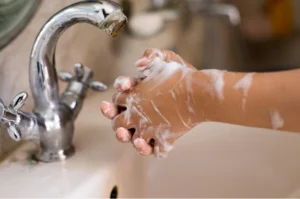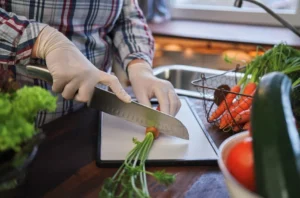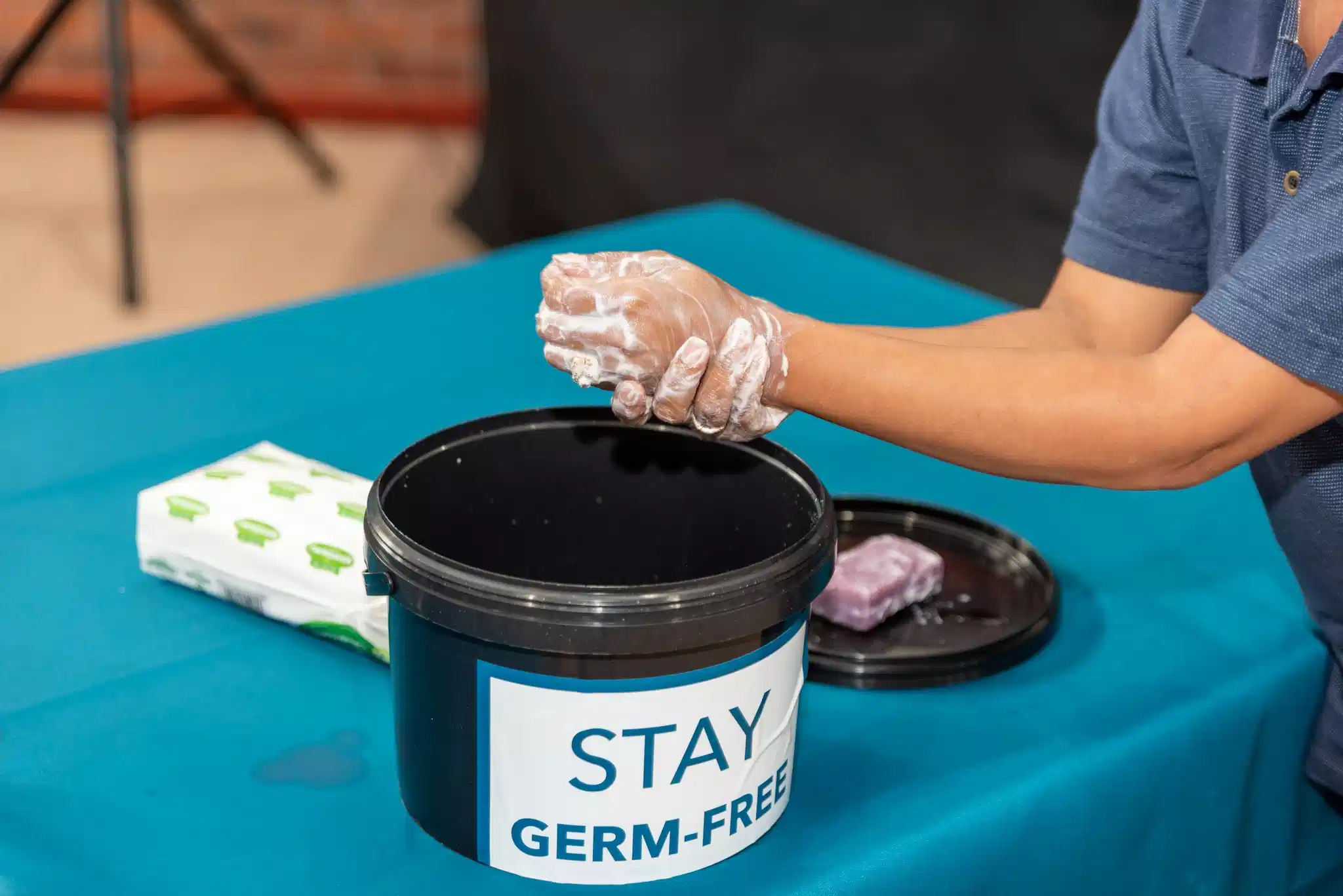Cape Town presented proof for handwashing in numbers. The City has celebrated Global Handwashing Day, which is commemorated to remind regular handwashing as one of the simplest and most effective ways to prevent disease.
Regular washing your hands with soap can reduce diarrhoeal disease by up to 48%. It is a statistic which is worth remembering, as Cape Town heads into summer, which can see an increase in diarrhoeal disease. It can be fatal to young children. Handwashing can also reduce the risk of contracting colds and flu by 20%.
Member of the Mayoral Committee for Community Services and Health – Councillor Francine Higham said that Handwashing was a critical weapon during the Covid-19 pandemic.

However, since those restrictions eased, it has seen a relaxation too in the hygiene habits that became routine during the pandemic. It is better to let Global Handwashing Day be a reminder to all, of the power of clean hands. Handwashing with soap is an effective and affordable way to prevent diseases.
The World Health Organisation, in 2025 highlighted the use of disposable gloves, especially the ones that do not prevent cross-contamination, as their use does not trump regular handwashing and that the increased use of disposable gloves equals to increased waste.
The proper handwashing requires to follow some essential steps, that are:
- Wet your hands with clean, running water (warm and cold), turn off the tap, and apply soap.
- Lather your hands by rubbing them together with soap. Lather the backs of your hands, between your fingers and under your nails.
- Scrub your hands for at least 20 seconds. Need a timer? Hum the “Happy Birthday” song from beginning to end twice.
- Rinse your hands well under clean, running water.
- Dry your hands by using a clean towel or air-dry them

Considering this, Francine Higham said that the use of gloves in health settings is well established, it comes with very strict protocols. In recent years, the use of gloves in food handling has become more topical and somewhat contentious.
The fact is that gloves too can become contaminated, posing the same risks as dirty hands. So ultimately, effective handwashing before, during and after handling the food, is the safest option.

